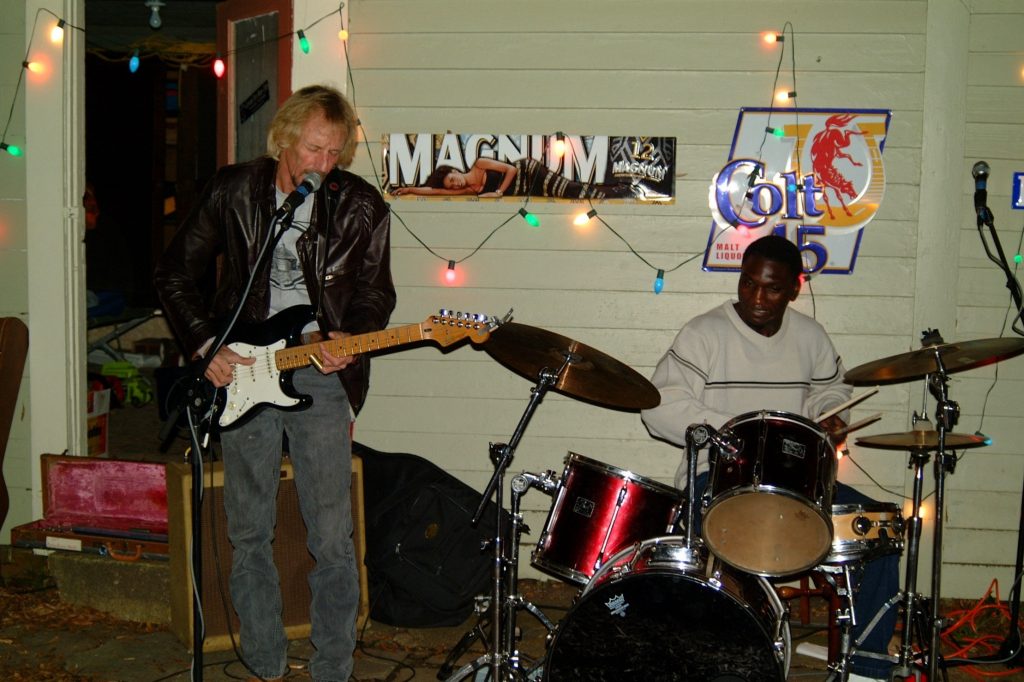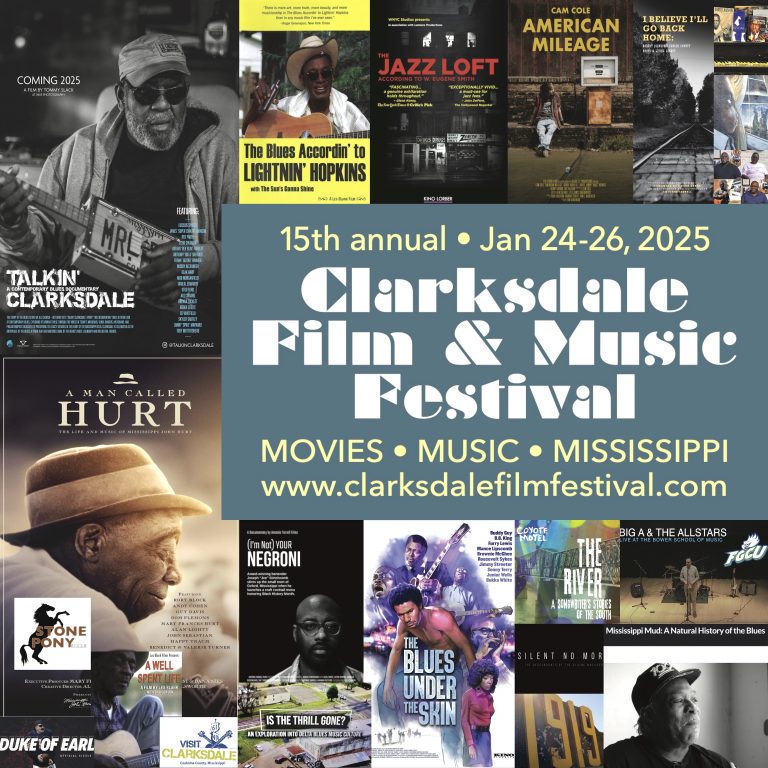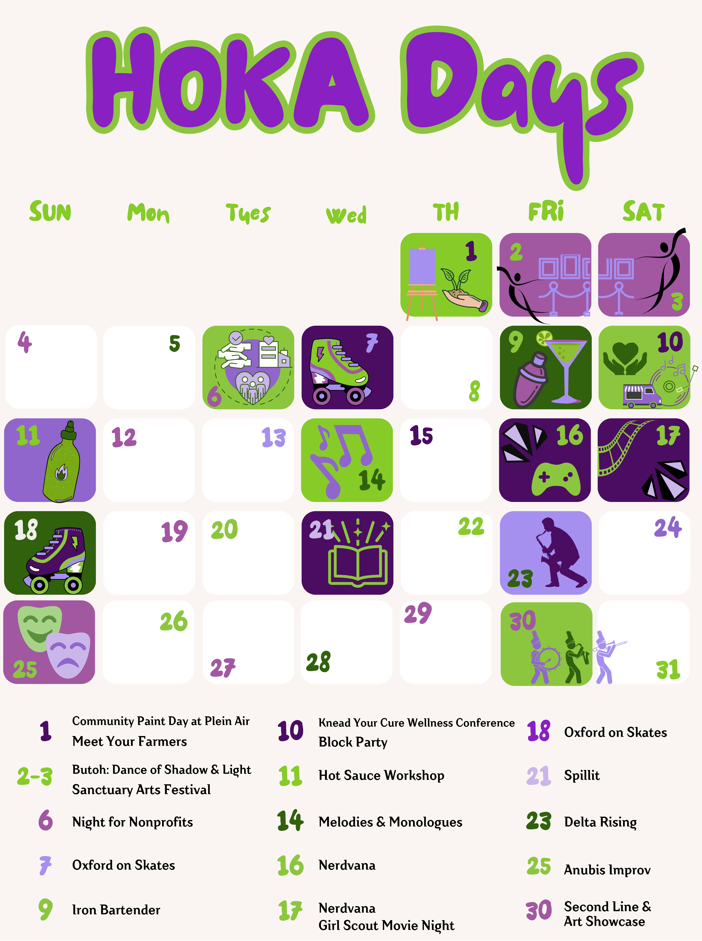![AdobeStock_spotlight [Converted] copy](https://www.thelocalvoice.net/oxford/wp-content/uploads/2024/06/Sponsor-spotlight-RB-Feder-1024x696.jpg)
Interview with Ron Feder
R&B Feder Charitable Foundation for the Beaux-Arts is a private organization founded by Ron Feder, based in Ocean Springs, Mississippi. Besides being one of the first sponsors of the North Mississippi Hill Country Picnic, they have also awarded grants to The Walter Anderson Museum of Art and the Oxford Conference for the Book. We had a conversation recently with Ron about his involvement with the Picnic.

You’re down in Ocean Springs, is that right?
That’s right. I have a second home in Oxford. I graduated from Ole Miss undergrad in ’74, then law school in ‘81. In 2001 my daughter graduated from high school and chose Ole Miss for her undergrad, [where she met] a number of people from Marshall County, and … a musician named Kenny Brown.
We had a party at the house in 2003. That photograph I sent you, Kenny Brown and Cedric Burnside, played in my backyard in Oxford the Friday night before the Ole Miss–LSU football game. I got to know Kenny and Sara, and I knew a lot about the Delta Blues. I’m from Vicksburg, and I’ve been to the Delta … but I had never heard of this North Mississippi Hill Country sound. I’d never heard of RL Burnside or Junior Kimbrough.
I’ve been involved with supporting some nonprofit Blues operations in Clarksdale, and one day … Sara says, “I’m thinking about creating a 501(c)(3) that focuses on the Hill Country sound.” And I said I support that, so I was one of her initial sponsors, and then hooked her up with a lawyer there in Oxford, Tommy Freeland, [who] did the paperwork and got them incorporated as 501(c)(3). Sara is a brilliant manager and administrator, because putting on a festival is a lot of work.
Do you attend the festival every year?
Sometimes my daughter likes to go and take her friends. We might alternate every other year … but I’ve been a sponsor every year anyway.
What is it about the mission of the picnic that compels you to continue your support over the years?
I think it is a truly unique variation on the Blues theme. Whereas the Delta Blues was more or less focused on the peculiar nature of the African American experience on plantations in the Mississippi Delta, the Hill Country is not a plantation country. It’s hardscrabble red clay soil. You gotta work hard to grow stuff … so it is that unique subset of the Blues, and I think it’s more upbeat because it’s not connected to the plantation system. The music is kind of almost a hypnotic trance-like set of beats. And, you know, their idea of partying is cooking goat and drinking beer and whiskey. And it also of course features the drum and fife thing that Otha Turner developed, which is a totally unique kind of sound that [Otha’s] granddaughter has continued.
[What’s] really incredible is the reach of this style of music. I find it very interesting that it’s so popular in Europe. You go to like the Juke Joint Festival in Clarksdale, you will hear a lot of European voices there, especially from Germany, the Netherlands, and Scandinavia.
What sort of changes or improvements do you see happening in the future for the festival?
I think Sara will continue to improve on the infrastructure there; each year she learns a little more and has expanded the quality of the facilities … and [VIP ticket holders and] sponsors can stay in that covered pavilion on top of the hill. And that is absolutely a great place to watch the whole show, unless you want to get down in the crowd and do some dancing, which will happen with me from time to time. I had a couple of knee surgeries, so I go easy on that.
And we have talked to Sara about doing a Hill Country Picnic version down here on the coast because we’ve got a new venue over in nearby Gautier, Mississippi … called the Sound Amphitheater.


![pmf-24-poster-fnl-v2[1]](https://www.thelocalvoice.net/oxford/wp-content/uploads/2024/09/pmf-24-poster-fnl-v21-768x1187.jpg)
